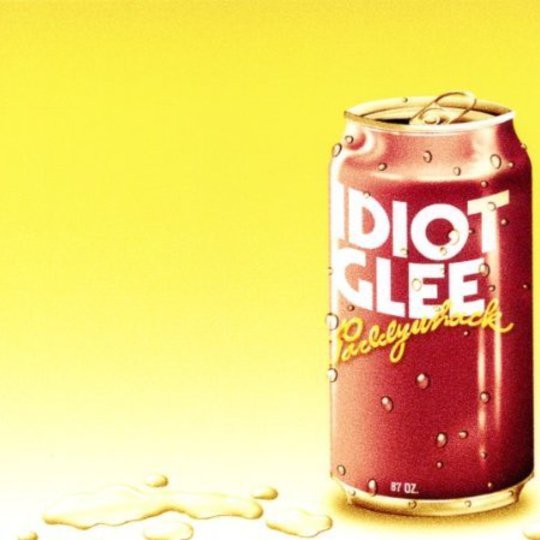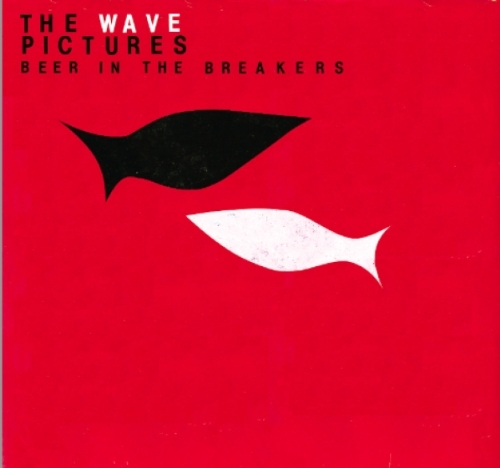James Friley aka Idiot Glee’s life could be taken straight from a TV show. On the one hand, his upbringing was a clean one. From his strict Mormon upbringing in Kentucky, Friley would often accompany his father to work on court TV and heck, he didn’t even start to use swear words till he was 17. On the other hand, James was quite a rebellious child, often channelling his teenage angst at his mother, sneaking out of his home, finding church life boring and not really bothering with his school work. And it’s this defiance that leads us to the heart of his music.
As you delve deeper into Paddywhack, you discover a haze surrounding the otherwise cheery lo-fi Beach Boys-influenced sunshine pop. A murk of solemnity congest seemingly optimistic harmonies akin to that of the Beach Boys. But whereas Brian Wilson and company coloured their music with cheesy high spirits, here the ethereal cloud surrounding the majority of Paddywhack adds a mysterious austerity. Harmonies march from the innocent hymnal verses that flourish at the beginning to the disturbing funeral calls they fall into later. It’s a close match to the blurriness of Summer Camp, but on a more minimalistic level.
What’s instantly charming about Paddywhack is its welcoming aspect as Friley’s honesty and sincerity creates a warming romanticism. In amongst the ‘Build Me Up Buttercup’ type bass line and floating warble of spaced out synths, he croons: “If you say it right/I’ll be right on time/Finally make my way to the pool/And we turn and dance all night.” It all flows with the same passionate tone as Rufus Wainwright but whereas Rufus channels his emotion through sharp dynamic changes, Friley prefers to let his voice glide on, entering spectral realms. Admittedly, while all the reverbration works for the spiritual nature of the music, it sometimes doesn’t work as well for Friley’s voice. ‘Deep Descent’ is the worst for this because with a voice so heart-warming, there should be a directness to it. Instead it sounds too distant and detached from the listener, causing the otherwise charmingly lyrical croons to sound less meaningful due to the separation and overwhelming train like rattle of the percussion. It’s a shame because ‘Trouble at the Dancehall’ shows that he can work well with a plentiful panorama away from the minimalism. In it his mournful sobs bob amongst the ghostly pads and tribal percussions as the ending cries pierce a distressing tear through a tense mist.
But again, it’s through the minimalism where he truly shines. ‘F O E’, ‘Don’t Drink The Water’ and closing track ‘In the Sadist’s Garden’ are assured cousins of the Drums' Summertime! EP, as the bass lines walk with a cool confidence and the vocal harmonies seamlessly drift along as if they were underwater. It all glistens with a passion that will surely bring glee to anyone.
-
7Alex Yau's Score






















